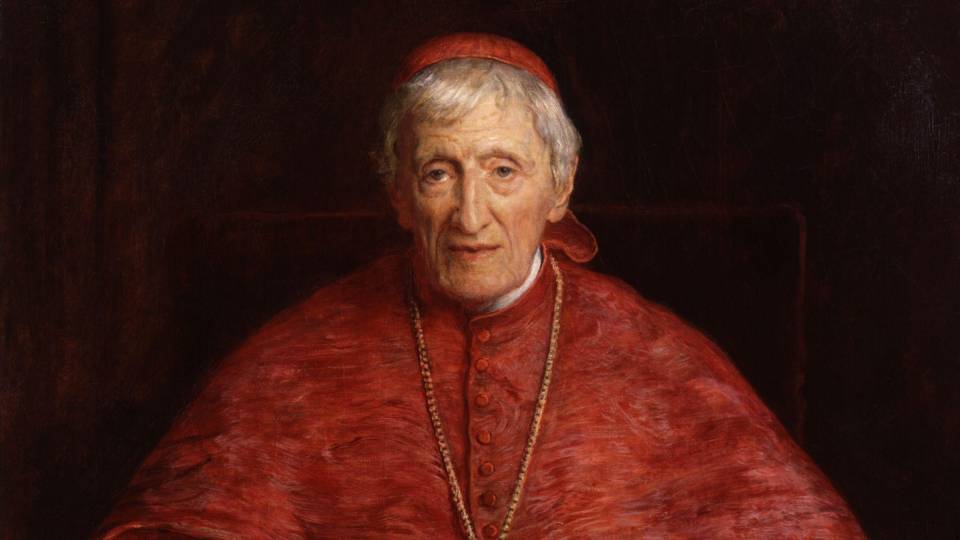Why Newman is a saint for a divided Church
Sebastian Gomes
Friday, July 5, 2019

 Learn more about John Henry Newman by visiting our special website! Click here.
Learn more about John Henry Newman by visiting our special website! Click here.Related Articles:
Category: General Posts
Tag: St. John Henry Newman
My Manresa Story: Resting a While
Monday, February 24, 2025
 Gianpaolo Capozzi
Gianpaolo Capozzi
At the Manresa Spiritual Renewal Centre in Pickering, ON, retreatants of all ages can encounter a God of surprises.
A House Not Made With Hands: St. Anne’s Anglican Church
Friday, February 21, 2025
 Scott Harris
Scott Harris
In June, 2024, the domed roof and interior of St. Anne's Anglican Church in Toronto tragically burned down. However, the parish community continues to stand strong and serve its neighbourhood.
Pray with Pope Francis Reflection – February 2025
Friday, February 7, 2025
 Fr. Edmund Lo, SJ
Fr. Edmund Lo, SJ
Pope Francis invites us to pray for vocations to the priesthood and religious life, that the ecclesial community might welcome the desires and doubts of those young people who feel a call to serve Christ’s mission in the priesthood and religious life.
Pray with Pope Francis Reflection – January 2025
Tuesday, January 7, 2025
 Fr. Edmund Lo, SJ
Fr. Edmund Lo, SJ
Pope Francis invites us to pray for the right to an education for migrants, refugees and those affected by war; that their right to an education, which is necessary to build a better world, may always be respected.
What the CND sisters are looking forward to this Christmas
Tuesday, December 17, 2024
 Maria Montemayor
Maria Montemayor
I had the wonderful opportunity to meet with the CND sisters and enjoy a special lunch of soup, pizza, salad, and dessert. While I was there, I thought it would be a great opportunity to ask the sisters about what they were looking forward to this Christmas.













